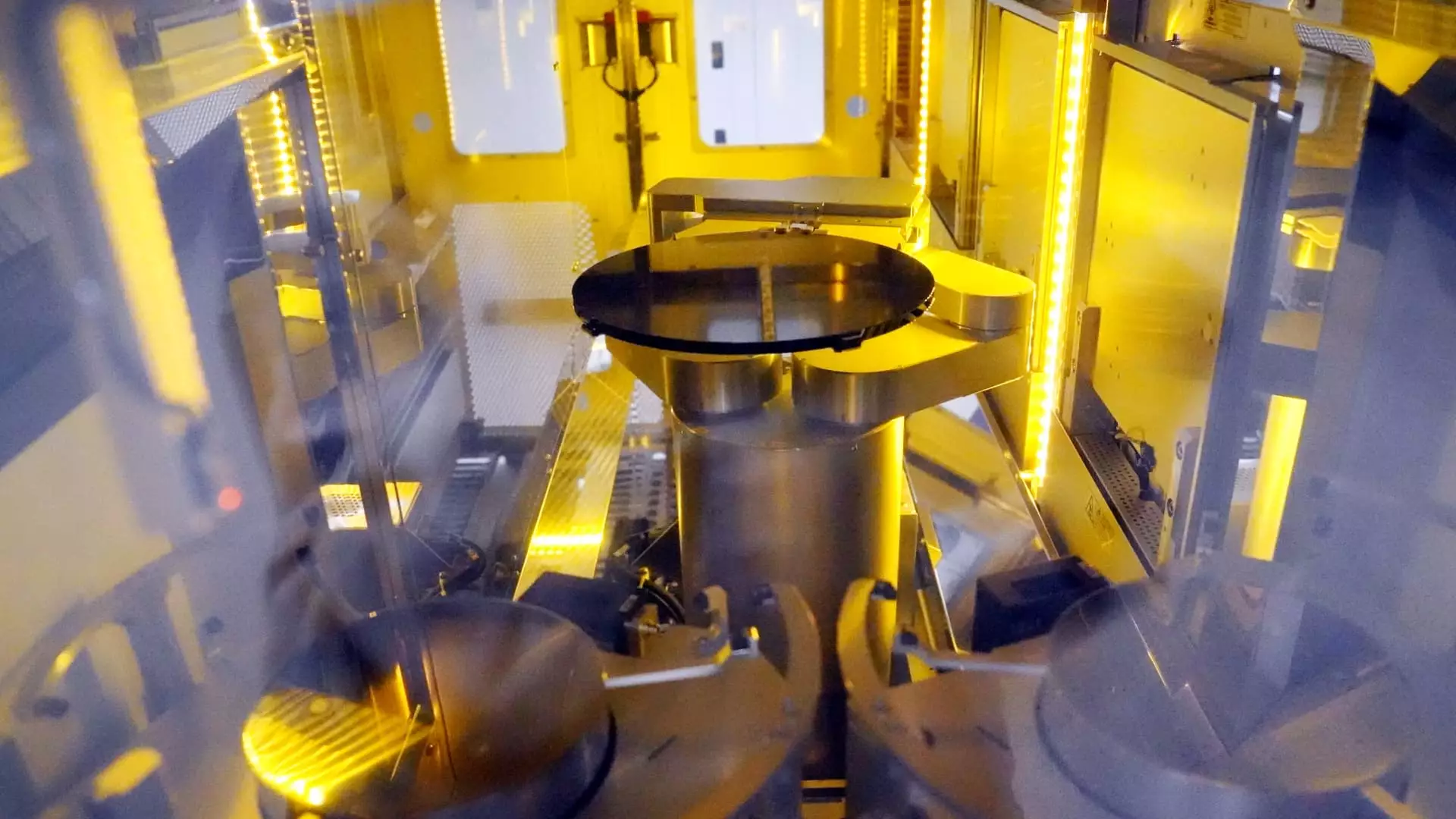The semiconductor industry is currently grappling with the challenge of recruiting workers in a tight labor market. The competition for talent has intensified, particularly as funding from initiatives like the CHIPS and Science Act aimed at stimulating domestic production continues to be distributed. However, an upcoming shortfall of up to one million workers in the wider U.S. economy by 2030 poses a significant challenge for the industry. This shortage is expected to hit the U.S. chips industry particularly hard, with a projected gap of 67,000 technicians, computer scientists, and engineers by 2030. A 2023 study from the Semiconductor Industry Association highlighted these concerning figures, indicating a need for urgent action to address the talent crunch.
GlobalFoundries, the third-largest chipmaker globally, has been actively working to recruit talent in response to the talent shortage in the semiconductor space. The company has adopted a multi-faceted strategy to attract skilled workers, including targeting veteran candidates, participants from its own workforce reentry program, and women in construction. With a diverse range of clients, including General Motors and Lockheed Martin, GlobalFoundries creates chips for a variety of everyday products, from electronics and phones to automotive vehicles and components for space and defense. In an effort to build a robust workforce, the company launched the sector’s first registered apprenticeship program in 2021. This program provides full-time paid opportunities with benefits, and successful completion leads to valuable skills in the mechanical field. GlobalFoundries has recruited graduates with technical associate degrees from community colleges and veterans transitioning out of the military for this initiative. The company continues to fill hundreds of roles globally and expects to hire thousands of new employees annually.
In a competitive environment where demand for semiconductor industry talent is high, GlobalFoundries recognizes the importance of training and retaining its existing workforce. The company offers opportunities for career advancement and skill development to help employees grow within the organization. For example, Morgan Woods, a former technician at GlobalFoundries, has progressed to a training and development analyst role, overseeing training for technicians, engineers, and management positions. Compliance is a key focus for Woods as the company expands into the automotive sector, collaborating with GM. Woods, like many other employees, has benefited from initiatives like the tax-free student debt relief program offered by GlobalFoundries. This program has seen a strong response from employees, indicating its positive impact on their financial well-being and future plans, such as purchasing a home or starting a family.
Beyond addressing immediate talent needs, funding from initiatives like the CHIPS and Science Act is set to drive growth for GlobalFoundries and the semiconductor industry as a whole. The company has announced plans to utilize $1.5 billion in CHIPS funding to expand manufacturing capacity in New York and Vermont. This investment is expected to create approximately 1,500 manufacturing jobs and 9,000 construction jobs over the course of planned projects, providing a significant boost to the local economy. By strategically leveraging this funding and partnering with local and state entities, GlobalFoundries aims to address workforce shortages and attract new talent to the manufacturing and construction sectors. Through initiatives like employee development programs and attractive benefits offerings, the company is working to position itself as a top employer in the industry.
Despite the challenges presented by the tight labor market and talent shortage, the semiconductor industry, led by companies like GlobalFoundries, is taking proactive steps to address these issues. By investing in workforce development, creating opportunities for career growth, and leveraging funding from government initiatives, the industry is positioning itself for long-term success and sustainability. As demand for semiconductor products continues to rise, cultivating a skilled and motivated workforce will be crucial for companies looking to thrive in this competitive landscape.


Leave a Reply